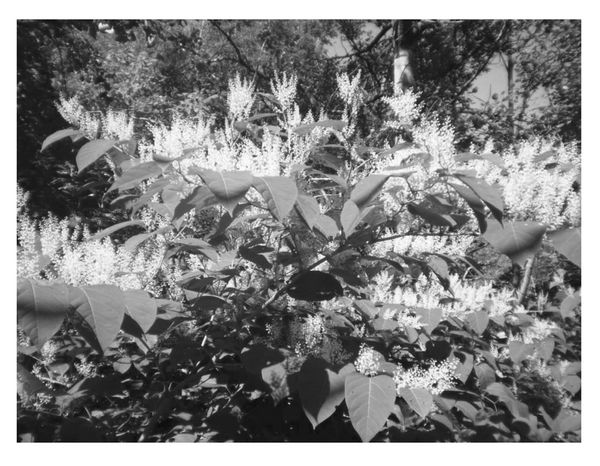Subscriptions
Menu
Advertisements
Soil & Water warns of knotweed
9/10/2008 |

A prolific invasive species is beginning to take root in Schoharie and surrounding counties and the Schoharie County Soil and Water Conservation District is seeking help in removing and destroying the “space invader.”
Knotweed is a problem because it is not native and has no known diseases, competitors or predators to control its growth.
Knotweed discourages the growth of native plants by altering the availability of sunlight, moisture and nutrients.
Wildlife habitat is affected because of the prevention of growth of native plants that wildlife depend on for food and shelter. Knotweed can regenerate from pieces of root as small as half an inch.
Knotweed can be easily identified at this time of year with its bright white long flowers on very large stalks and broad leaves. This shrub can grow up to 10 feet tall and forms dense colonies like bamboo.
The leaves are dark green and heart-shaped with a pointed tip.
Besides being found along the rivers and streams, knotweed grows in many other habitats, including roadway edges, agricultural areas, and abandoned lots.
Controlling knotweed is time consuming and requires persistence and vigilance.
Regardless of method used for control, it will likely take three or more years to completely eradicate knotweed from a site.
Plants should be cut to the ground level using a mower, loppers or similar tools.
It is most effective if done every 2-3 weeks until plants die.
After it is cut, the next step is crucial, because improper disposal can lead to new infestations.
Pile the cuttings on plastic or other impermeable surface and allow them to dry out completely.
Monitor the plants, especially the crowns to make sure they don’t re-sprout. Allow all parts of the plants to die, after which they may be composted, burned or buried 10 feet deep.
It is easier to keep knotweed out than to remove it, and SWCD advises destroying knotweed as soon as it is observed and work in with your neighbors especially, those upstream.
For additional information or questions, contact Peter Nichols, SWCD stream program manager, at 234-4092.









